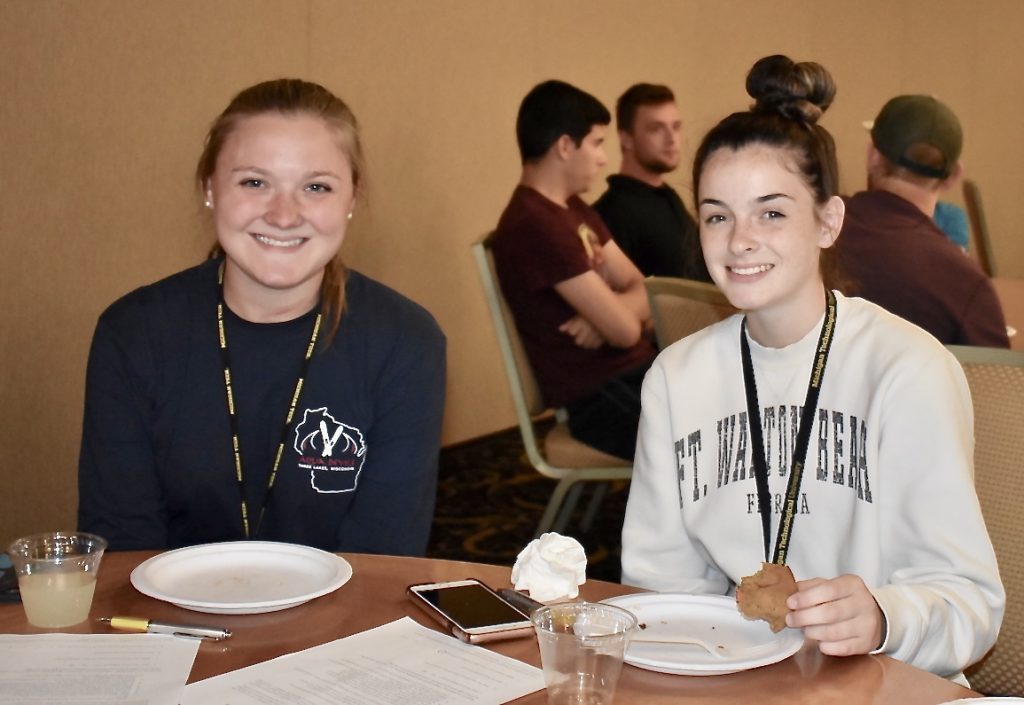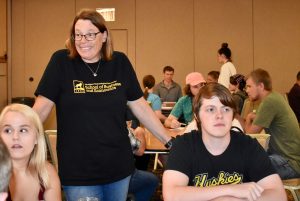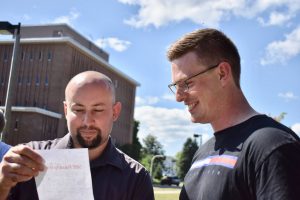The Alec Fisher Scholarship Fund was established to honor the memory of Alec Fisher, a Michigan Technological University student who double majored in environmental engineering and management information systems. Raised in Portage Township, Michigan, and a 2016 graduate of Hancock High School, Alec was a member of the Blue Key National Honor Society at Michigan Tech.

Scholarship Information
- $1,000; one-time award
- Application: https://form.jotform.com/90485283120150
- Direct questions to scholarships@mtu.edu
Scholarship Requirements
- Junior or above
- Enrolled in management information systems or environmental engineering
- 3.2 GPA or higher
- Preference given to individuals from the Upper Peninsula of Michigan
- Financial need considered





